MacroLab Lite for Introductory Macroeconomics
MacroLab Lite is a simplified macroeconomic modeling tool designed to introduce students to system dynamics. Developed by Professor David Wheat, this tool focuses on basic equations and key structural elements of supply and demand sides. It emphasizes simplicity while covering important economic fac
2 views • 14 slides
Instructions for Completing GLAAS Country Survey 2024
In Module 4 of GLAAS information, you will find guidance on filling out the country survey for GLAAS 2024. Topics covered include an overview of the survey package, instructions for completing the survey either as a PDF or online (eGLAAS), general tips for successful completion, advice on governance
4 views • 42 slides
FDA's Final Rule on Laboratory-Developed Tests (LDTs) and Phase-Out Policy
The FDA announced its Final Rule on laboratory-developed tests (LDTs), considering them as regulated medical devices. The phased-out policy will gradually enforce compliance with premarket review, quality system regulation, and other requirements over several stages. Additionally, a limited enforcem
0 views • 6 slides
Understanding Country Risk Analysis in International Business
Country risk analysis is crucial for multinational corporations (MNCs) to assess the potential impact of a country's environment on their financial outcomes. It includes evaluations of political and economic risks in foreign operations. Sovereign risk, political risk characteristics, and factors are
1 views • 61 slides
Climate and Climatic Regions of Pakistan
Pakistan exhibits diverse climatic regions ranging from sub-tropical continental mountains to arid desert plateaus. Factors like altitude, latitude, and distance from the sea greatly influence the country's climate. The country experiences weather conditions such as temperature variations, rainfall
0 views • 14 slides
Physiography and Physical Regions of Pakistan
Pakistan's physiography spans diverse physical regions, including mountains, plains, plateaus, and deserts. The country is bordered by China, India, Afghanistan, Iran, and the Arabian Sea. Key mountain ranges include the Himalayas, Karakoram Mountains, and the Hindu Kush. Pakistan's total area is 79
1 views • 13 slides
International Human Resources Management Approaches and Staffing Policies
International human resources management involves strategic staffing policies, such as ethnocentric, polycentric, geocentric, and regiocentric approaches. It focuses on selecting employees who align with the organization's culture and values. Hiring practices in global firms consider factors like ho
2 views • 27 slides
Building a Successful Cross Country Team Culture Insights
Learn valuable insights on building a successful cross country team culture from Andy Christie, Chair of the GATFXCCA Cross Country Committee at Mill Creek High School. Key factors influencing team culture, the role of the coach, importance of organization and effective communication, and leveraging
0 views • 14 slides
Contrasting Life Chances in Ireland and Nigeria
A comparison of life chances between a developed country like Ireland and a developing country like Nigeria reveals substantial differences in access to healthcare, education, and employment opportunities. Ireland boasts higher human development indicators and better healthcare infrastructure, leadi
0 views • 14 slides
Understanding Country of Origin Determination by U.S. Customs
The country of origin for exports is a crucial aspect in international trade, especially for goods exported to the U.S. This article delves into how U.S. Customs determines the actual country of origin, the implications of origin fraud, and the warning against illegitimate practices. It sheds light
0 views • 18 slides
GBIF Data Insights and Trends Report for 2018
The GBIF Data Insights and Trends Report for 2018 provides a comprehensive overview of occurrence records, country participants, data downloads, web traffic, and more. It highlights key statistics such as species occurrence records, datasets, web traffic rankings by country, and data published throu
0 views • 16 slides
Overview of Suriname: People, Culture, and Government
Suriname, located on the northeastern Atlantic coast of South America, is a diverse country with a population of approximately 566,846. The country is known for its rich ethnic composition, with significant groups including East Indians, Maroons, Creole/Afro-Surinamese, Javanese, and others. Officia
3 views • 18 slides
Zimbabwe Viral Load Clinic: Laboratory Interface Learning Session and Country Context Update
Zimbabwe hosted a vital learning session on viral load clinic laboratory interfaces and the epidemiology of HIV in the country. The session aimed to sensitize participants on the VL CLI, introduce the LARC team, and identify gaps in managing clients on ART with high viral loads. The country context
0 views • 18 slides
Virtual Black Country Dodgeball Challenges - Get Involved and Test Your Skills!
Join the Virtual Black Country Dodgeball Challenges and put your teamwork and strategy skills to the test. Follow steps, set up activities, aim for accuracy, and record your scores across three exciting dodgeball challenges. Share your progress on Twitter using #VirtualBlackCountry and #SGOChallenge
0 views • 7 slides
Host Country IHR NFP Presentation Overview
This presentation provides a detailed overview of the Host Country's National Focal Point (NFP) for International Health Regulations (IHR). It includes information on the country's health challenges, organizational structure of the health system, key government departments involved, and the administ
0 views • 13 slides
Analyzing Telecom Network Cost in East Africa
This expert-level training workshop conducted in Arusha in 2013 delved into the country-by-country analysis of telecom network cost modeling in the East Africa region. The workshop covered topics such as regulatory frameworks, transparency, skills and resources, cost accounting, depreciation methods
0 views • 44 slides
Enhancing Country Platforms for Technical Assistance and Quality Assurance in Investment Strategies
The Second Investors Group in St. Albans, United Kingdom, in February 2016 focused on country platforms, technical assistance, and quality assurance in the context of investment strategies. Key feedback emphasized a bottom-up approach, holistic issue resolution, and defining quality in investment ca
0 views • 16 slides
Progress Update on Aligning Aid with Partner Country Budgets
Update on the progress made in aligning aid with partner country budgets, focusing on the importance of budget identifiers, mapping processes, and examples of projects mapped to country budgets in Tanzania. The initiative aims to match donors' sector codes with country budget codes, facilitating bet
0 views • 12 slides
High Country Soccer Association Return to Play Action Plan
High Country Soccer Association (HCSA) is excited to resume organized activities following their Return to Play Action Plan developed in response to the COVID-19 pandemic. The plan outlines guidelines and restrictions to ensure the health and safety of their community. Different stages are implement
0 views • 6 slides
International Human Resources Management Approaches and Policies
International Human Resources Management (IHRM) involves selecting employees based on skills and cultural fit. Staffing policies in international firms rely on recruitment practices, government constraints, and attracting suitable candidates. Types of employees include Parent Country Nationals, Host
0 views • 27 slides
Country Names in the Domain Name System (DNS)
The Domain Name System (DNS) plays a crucial role in attributing top-level and second-level domains to country names. This system is global and managed by ICANN, not national offices, allowing for unique attribution to one person. Examples of country names registered as second-level domains are prov
0 views • 7 slides
European Agency Statistics on Inclusive Education (EASIE) Overview
The European Agency for Inclusive Education (EASIE) conducts biennial data collection exercises to support member countries in improving inclusive education policies. The data informs European Commission strategic objectives and UNCRPD implementation. Currently, 31 countries are involved in this ini
0 views • 14 slides
STAR GEF Resource Allocation Framework Overview
STAR GEF (System for Transparent Allocation of Resources - Global Environment Facility) is a mechanism designed to allocate GEF resources to countries based on factors like biodiversity, climate change, and land degradation. The framework involves calculating country scores, preliminary country allo
0 views • 16 slides
Dream Destinations: Choosing the Perfect Country to Visit
If given the chance to travel to any country in the world, the decision can be quite daunting with so many incredible destinations to choose from. Each country offers unique experiences, cultures, landscapes, and histories that can enrich one's perspective and create unforgettable memories. Factors
0 views • 17 slides
Update on Country Needs Assessment for REDD+ Readiness
The update covers the progress and objectives of the Country Needs Assessment (CNA) program, focusing on enhancing REDD+ readiness. It details the methodology, countries involved, focus areas, allocated budgets, and expected outcomes. The CNA aims to identify country needs, support leadership, impro
0 views • 15 slides
Trade Figures and Export Growth of Guatemala
Guatemala, as an exporting country, has seen a significant increase in its exports over the years. From 1986 to 2012, the country has diversified its export offerings to include over 4,000 products. With a growing number of exporting companies and expanding market reach, Guatemala's export industry
0 views • 14 slides
U.S. E-2 Visa for New Zealand Business Owners and Entrepreneurs
New Zealand business owners and entrepreneurs in the start-up phase can benefit from the U.S. E-2 visa to carry out substantial trade between the U.S. and New Zealand. This visa allows qualified investors and employees to develop and direct operations in the U.S. without the need for a labor certifi
0 views • 10 slides
Peachtree Ridge High School Cross Country 2022 Information Meeting
Peachtree Ridge High School is hosting an info meeting for the Cross Country team. Head Coach Matthew Brick leads a dedicated coaching staff, with emphasis on leadership, self-discipline, and competitive fire. The team focuses on excellence, guided by their mission statement to prepare students for
0 views • 35 slides
The Impact of Country Music on Sarah's Life
While studying abroad in England, Sarah heard a country music song that changed her perspective on family and home. This experience led her to appreciate American country music and its reflection of traditional values from the southern states. Country music has become a source of comfort and belongi
0 views • 30 slides
The System for Transparent Allocation of Resources (STAR) Overview
STAR is a framework implemented by GEF to allocate resources among biodiversity, climate change, and land degradation focal areas. It updates the Resource Allocation Framework to maximize impact, promote environmental policies, and meet country priorities through a structured allocation process. The
0 views • 26 slides
Official Rules and Guidelines for Cross-Country Skiing in Michigan
Explore the official rules, guidelines, and equipment requirements for cross-country skiing in Michigan. From event offerings to uniform guidelines and general rules, this comprehensive overview provides essential information for athletes participating in cross-country skiing competitions.
0 views • 20 slides
International ESL Student Transition Information and Requirements
Provision of necessary documentation and guidance for international ESL students transitioning from Autauga County Schools back to their home country. This includes report cards, notarized completion letters, and information on authentication requirements. Additional documents may be needed based on
0 views • 7 slides
Ghana's REDD+ Safeguards and Country Approach Process
Ghana is implementing REDD+ safeguards to address environmental and social concerns related to project interventions, with a focus on stakeholder consultation and legal analysis. The country is also developing a Country Approach to Safeguards (CAS) and Strategic Implementation Strategy (SIS) in coll
0 views • 10 slides
Interrelations Among Country, Destination, and Olympic Games Images
This research explores the interconnectedness of country image, destination image, and Olympic Games image to identify beneficiaries and benefactors in these complex relationships. It aims to understand how these images influence each other and future visit intentions. The study utilizes a conceptua
0 views • 10 slides
The Choice of Alliances in a Looming Conflict
In a crucial moment, as a country's leader facing the dilemma of supporting either a weaker country led by a cousin with a large empire or a stronger, neighboring country, the decision weighs between familial ties and strategic alliances. The intertwined relationships between leaders, past agreement
0 views • 16 slides
Economic Analysis of a Country's Economy over the Last 20 Years
Exploring a country's economy over the last two decades involves analyzing its main industries, export products, economic growth rate, unemployment rate, inflation rate, current interest rate, and GDP per sector. Understanding these factors can provide insights into the country's economic strengths
0 views • 8 slides
Insights into Merchanting Trade for International Transactions
Merchanting trade involves the shipment of goods from one foreign country to another foreign country with the involvement of an Indian intermediary. This concept promotes international trade and is governed by specific guidelines issued by RBI. The transaction must meet certain conditions to be clas
0 views • 7 slides
Understanding UNCT-SWAP Gender Equality Scorecard
The UNCT-SWAP Gender Equality Scorecard is an accountability framework aimed at enhancing planning, coordination, programming, and results for gender equality and women's empowerment at the country level. It evaluates the UN system's performance in gender mainstreaming based on global minimum requir
0 views • 16 slides
National WinS Data Collection and Analysis in [Insert Country]
This presentation sheds light on the availability, collection, analysis, reporting, and challenges of WinS data in [Insert Country]. It discusses the elements for which national data is available, the sources and frequency of data collection, entities responsible for data analysis, and successful mo
0 views • 14 slides
Exploring Olympics: Inequality and Medal Distribution Analysis
Utilize the Olympics to delve into global inequality, medal distribution, and country incomes. Explore the number of medals awarded, athletes per country, income classifications, and factors affecting a country's likelihood of winning a medal. Analyze how income levels relate to medal success and po
0 views • 18 slides


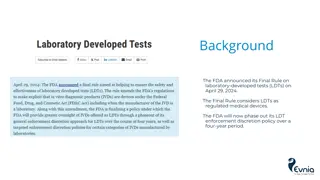
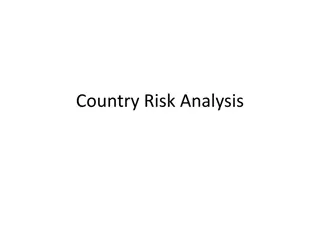
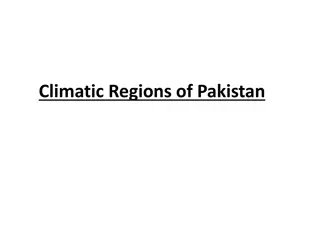
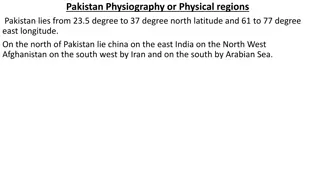
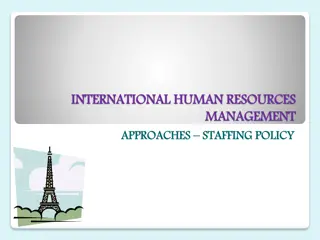







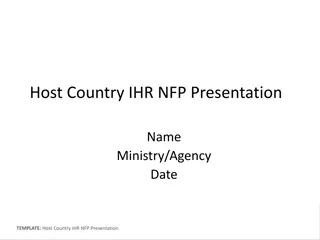
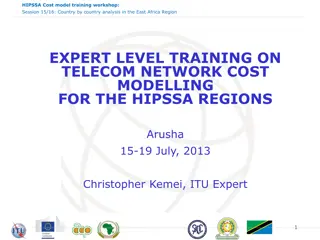
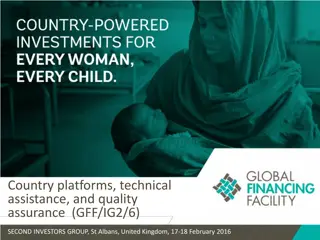
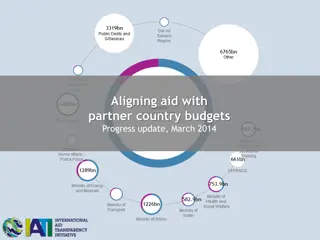

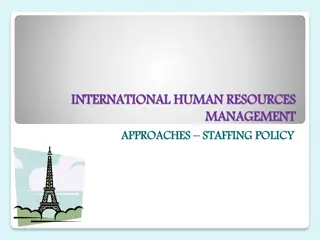
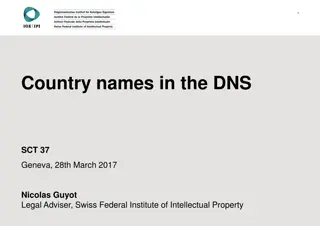
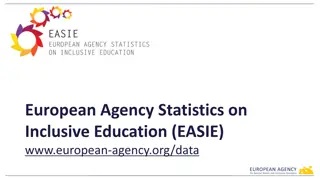
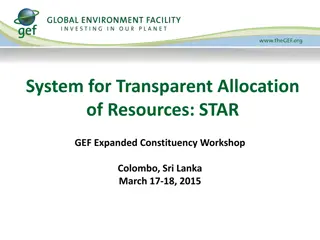

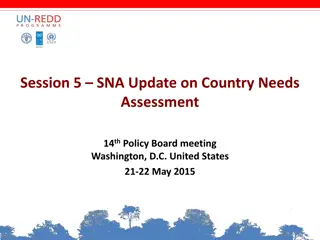
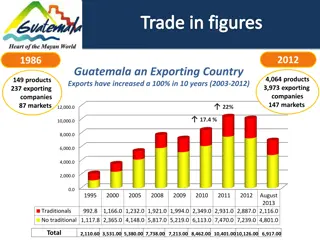
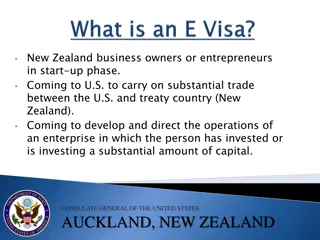





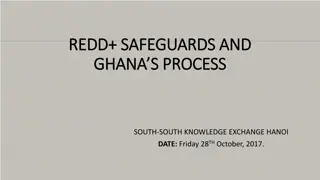




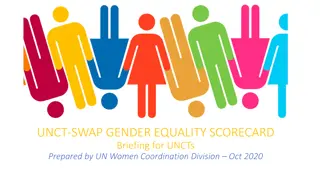
![National WinS Data Collection and Analysis in [Insert Country]](/thumb/234463/national-wins-data-collection-and-analysis-in-insert-country.jpg)
